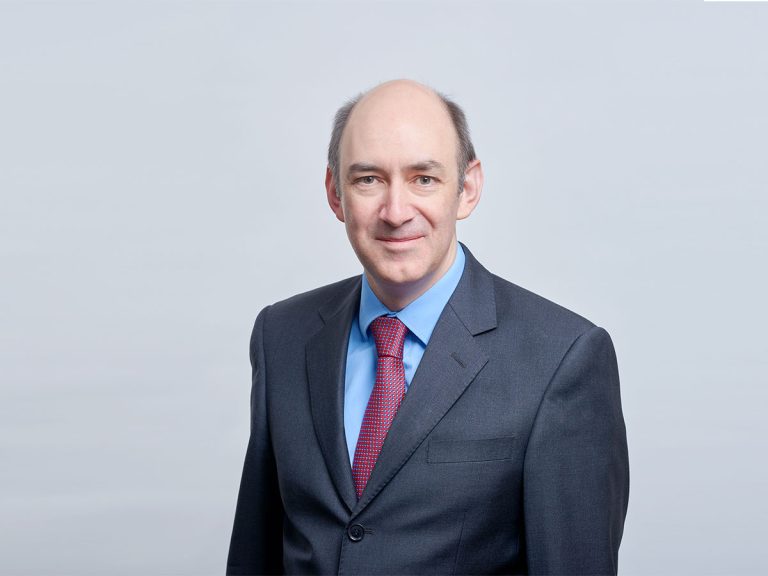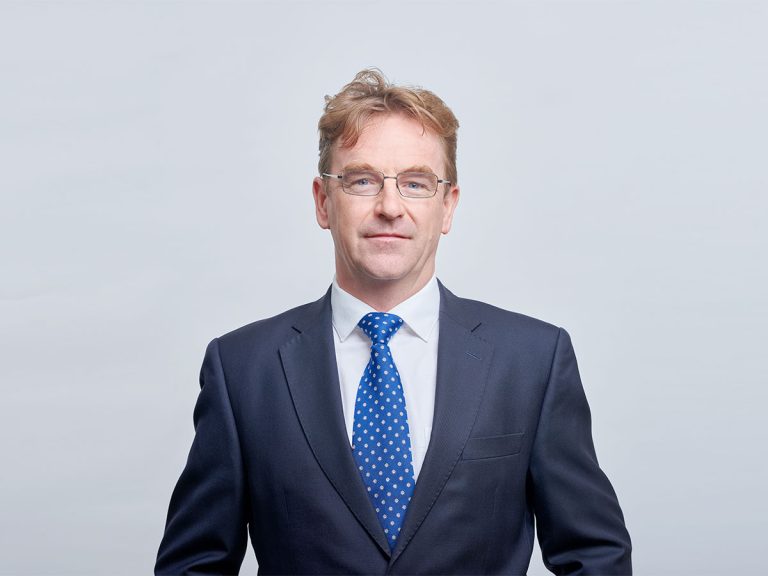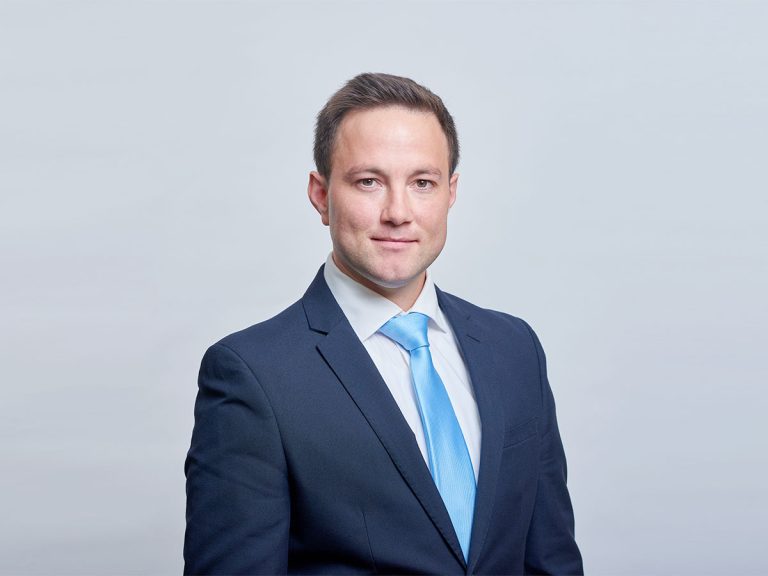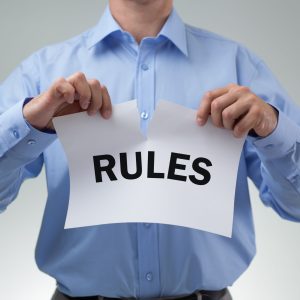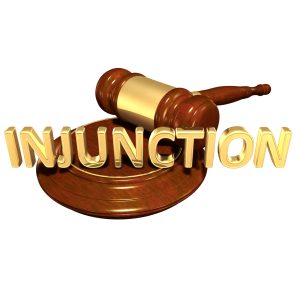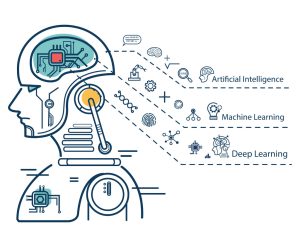MECHANICAL & OTHER TECHNOLOGIES
PATENT PROTECTION
Patent protection in the mechanical area requires us to know how the parts fit together and interact. We love the physical involvement that comes with mechanical inventions, whether medical devices, road safety equipment or optional extras for motor vehicles.
On our display shelf in our offices there are various examples of devices that we have protected for our clients with various types of IP. Some are mechanically simpler, like the hairdresser’s dye pot or the aluminium-coated ampoules. Others are too large to get into the building – one construction client makes stadia spanning hundreds of metres. In the materials sector our clients have coatings technology that is most likely inside most of the electrical devices you own.
For all our clients, we get to the bottom of the crucial connections and components that are at the heart of the invention to be protected.

Our specialist patent attorneys
Our UK and European Patent Attorneys and Chartered Trade Mark Attorneys have degrees and Ph.Ds from top UK Universities, but are qualified by experience at the coal face of cutting edge, and critically commercial, technologies.
Recent Insights
Read the latest insights from the Schlich team reporting recent cases relevant to the mechanical sector and other technologies.
What is Obvious about a US Design Patent?
There are significant differences in the requirements for registration of a design right in the US versus the UK and Europe. A recent en banc decision by the US Federal Circuit in LKQ v. GM Global Tech. Operations has widened those divisions still further.
Clarity Once Again: The EPO’s Enlarged Board of Appeal Suggests the Current Test for Whether to Admit Post-Filed Evidence into Proceedings Should Stand
Following G 2/21, the referring board in the case underpinning that referral (T 116/18) established a test based on the principles set out by the EPO’s Enlarged Board of Appeal for deciding whether to admit post-filed evidence into proceedings. The opponent then filed a petition for review of that decision, rendering it unclear whether the new test would be upheld or overturned. The Enlarged Board has now issued its preliminary opinion on that petition, which strongly suggests the test established by T 116/18 will be upheld and the petition dismissed.
The EPO Examining Division are Criticized by the Boards of Appeal for Breaking the Rules of Procedure
The Board have remitted this recently refused case to the Examining Division who have been criticized for committing several substantial procedural violations, including depriving an applicant of their all-important right to oral proceedings.
Claim interpretation – how can “bigger” be the same as “not bigger?”
Notwithstanding the doctrine of equivalents now used to interpret claim scope, the principle of purposive construction is still used to interpret specific terms in a patent claim. In this case this yielded the result that “bigger” could be the same as “not bigger”.
The UPC have been Quick to Issue their First Preliminary Injunction
One of the first preliminary injunctions was issued by the Unified Patent Court on 22 June 2023. The decision was made ex parte and, remarkably, on the same day as the application for an injunction was filed by the proprietor, despite the respondent’s efforts to avoid the issue of an injunction by filing a protective letter.
EPO Enlarged Board of Appeal set to consider in G 1/23 the degree to which enablement impacts the status of a commercially available product as state of the art
Central to the assessment of patentability at the EPO is the definition of ‘state of the art’. Article 54(2) EPC defines the state of the art as ‘everything made available to the public’ before the effective filing date of a patent application. But when the thing made available to the public is a product with a defined chemical composition, how much of that composition is made available to the public by the simple disclosure of the product? G 1/92 provided an answer but as the current referral to the EPO’s EBA shows, there are gaps that need filing.
Free speech prevails in Lite-Netics, LLC v. Nu Tsai Capital LLC, d/b/a Holiday Bright Lights
Lite-Netics, LLC ‘Lite-Netics’ and Nu Tsai Capital LLC, d/b/a Holiday Bright Lights ‘HBL’ sell string lights primarily for use in decorating buildings during the holiday season. Lite-Netics brought an infringement action against HBL before the District Court of Nebraska with respect to two US patents. It also sent notices to some of its customers, also customers of HBL, asserting infringement and its intent to enforce its rights. HBL filed counterclaims, including for state-law torts, and requested a temporary restraining order (TRO) and subsequent preliminary injunction to prevent Lite-Netics making accusations with respect to patent infringement. The District Court granted both the TRO and subsequent preliminary injunction but on appeal the Federal Circuit found that the District Court abused its discretion in issuing the preliminary injunction because the bar to stopping free speech was clearly not met.
Legal Board of Appeal confirms an AI cannot be the inventor of a patent
The Legal Board of Appeal has confirmed that an AI system cannot be the inventor of a patent application at the EPO, agreeing with the decision of the Receiving Section (reported by us in our article of February 2020).
Get in touch
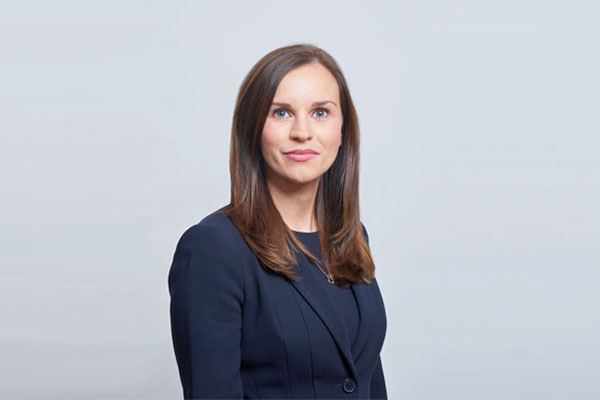
Our team of UK and European Patent Attorneys and Chartered Trade Mark Attorneys are highly knowledgeable and experienced in assisting clients with all aspects of their IP needs.
Contact us now to find out more about how we could help you and your business.

